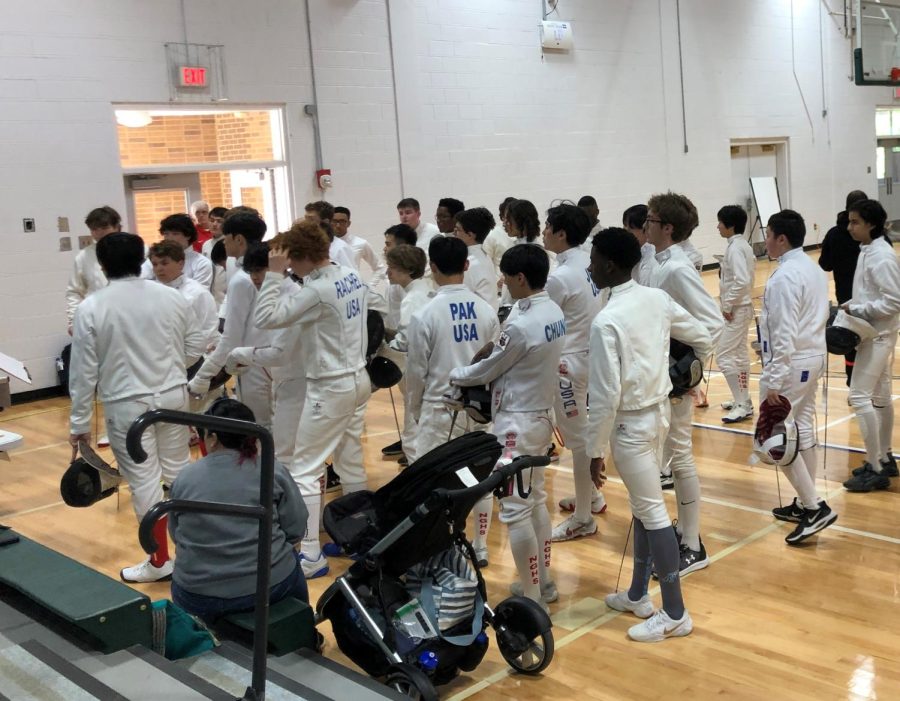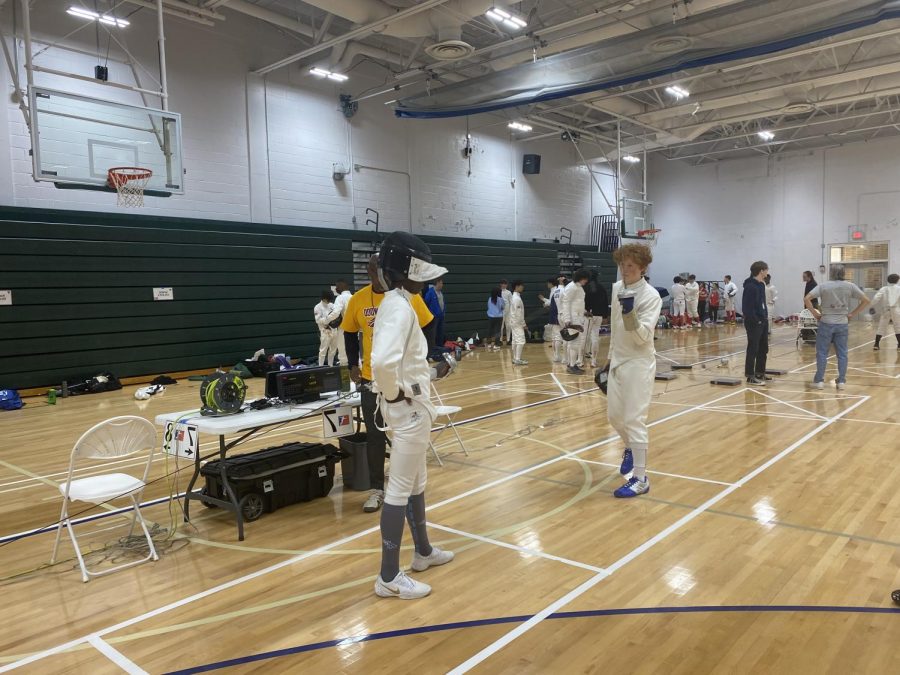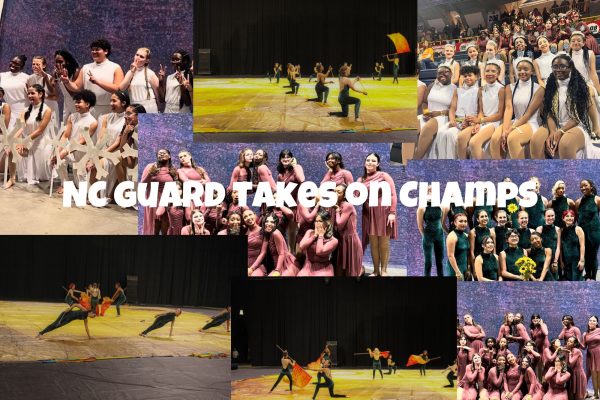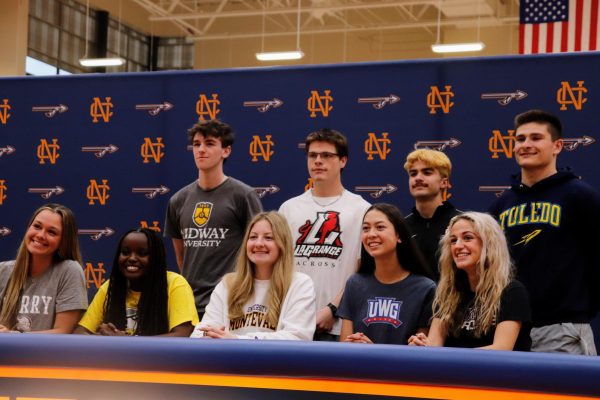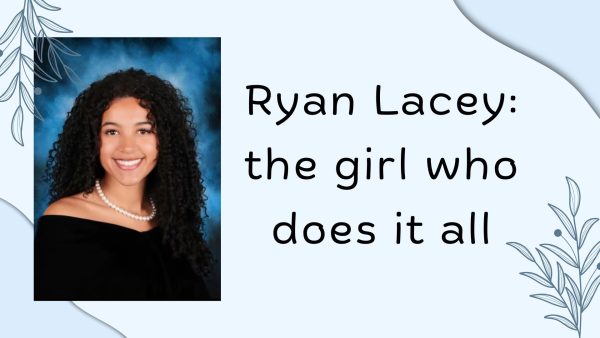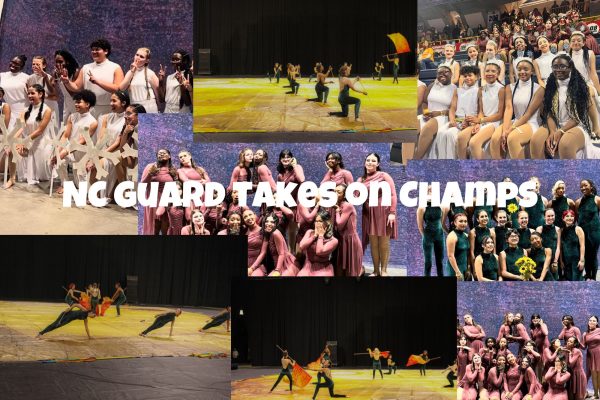On Guard League’s first tournament
The first On Guard High School Fencing League (OGHSFL) competition took place October 22, and future competitions will continue until February 25. The competitions serve as an experience that remains invaluable to growing fencers by allowing them to track their progress as they improve in the sport through regulated means. These events also allow people to gain medals and awards for reaching the top of the final elimination rounds.
November 1, 2022
The On Guard High School Fencing League (OGHSFL) recently opened a new schedule and started it off with a tournament. The tournament began in Gainesville on the campus of the University of North Georgia (UNG) October 22. The first out of five tournaments started with a bang: first seed Alexander Kuri came in second, and fourth seed Joshua Chung ended with a 15-7 score in the pools. The resulting difference in their indicators only came to two points, despite Kuri obtaining additional chances to score points because one extra person came into his pool. The following tournaments will occur November 11 at Flowery Branch High School (FBHS) December 10 at UNG, January 1 at FBHS and the championship February 25 at North Gwinnett High School (NGHS).
A myriad of people love the sport and its tournaments because of the excitement, chances to gain recognition and the possibility of walking away with a medal. The competition at UNG seemed fierce and several close calls existed in the third and fourth rounds of the competition, with a handful coming as close as 15-14. In the end, only four walked away with medals. Chung garnered first place, Kuri won second and Logan Urbanski and Dylan Rachel tied for third.
“I love fencing because it pushes me to my physical and mental limits. It forces me to make quick , but rational, decisions that I find exhilarating. The entire sport is like a massive adrenaline rush. Competition season for me was always my favorite part of the year. Tournaments allowed me to fence people both better and worse than me that I had never fenced before. It feels kind of like seeing the culmination of everything I had worked at over the season is very gratifying; especially since I usually walk away from each tournament with flashy medals or trophies,” junior Leona Longhurst said.
The medals do not represent the only important factor in a competition setting, they also serve as valuable experiences for the fencer. The ability to fence several people instead of only fencing the ones within a specific gym can pose as an insightful experience that allows a fencer to grow and adapt to their style. Fencing various people also allows them to practice their reactions to the changes in the fencing that they do not regularly see. These increases in skill can serve as building blocks of a fencer’s overall ability to grow in the future. To this end, fencing competitions represent the ultimate test; not only does one fight against someone that one has never met, but one must also adjust their own style under stress.
“I believe that competition in fencing is important because, how much can you know about yourself if you’ve never been in a fight? Sun Tzu said it 2500 Years ago: know yourself and your enemy and you will be victorious in 1000 battles. It is important to pay attention to your strengths and weaknesses as well as your opponents because it will make you a better fencer,” Georgia Fencing Academy coach John Terris said.




